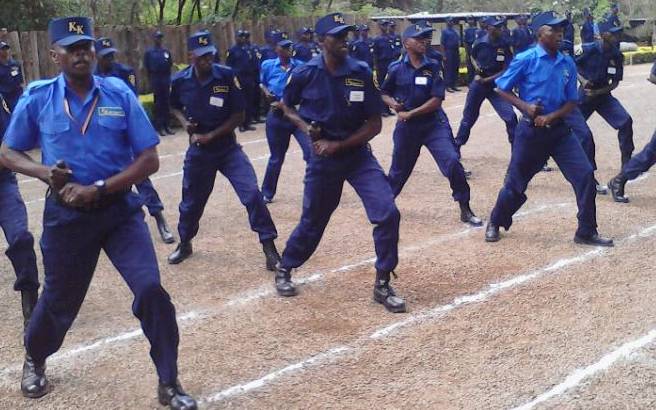×
The Standard e-Paper
Smart Minds Choose Us

If you live in a gated community, how much do you contribute to the salary of that man or woman who opens the gate? And as you walk into a bank or a business premise, there is that person who smiles at you as they usher you in. Most probably they are hired by a private security firm.
Private security firms have more than 700,000 guards across the country. And now, the government, some security firms and the guards themselves cannot agree on the way forward, ahead of plans to arm private guards.